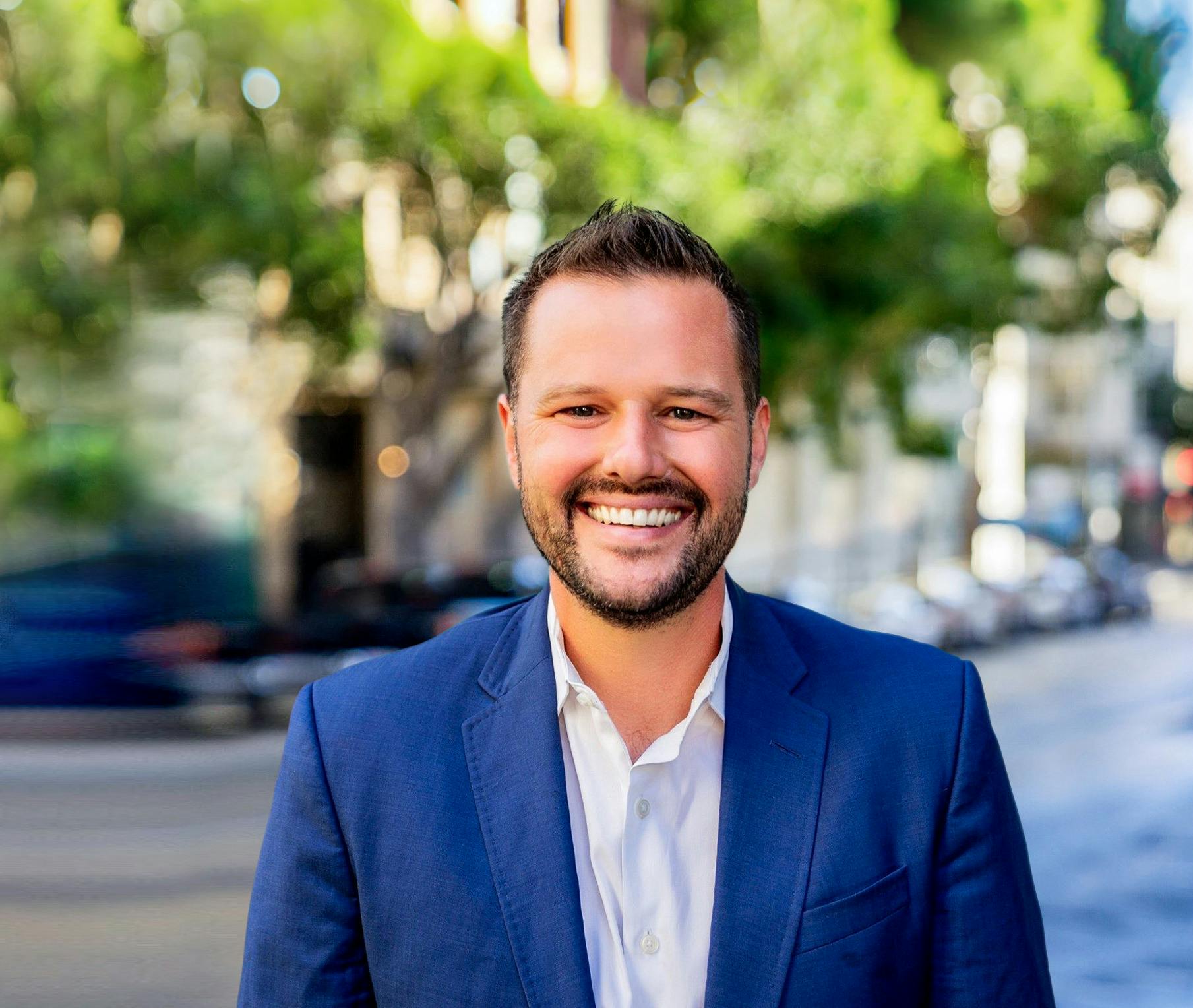
Meet Matt
An effective, progressive leader with a proven track record
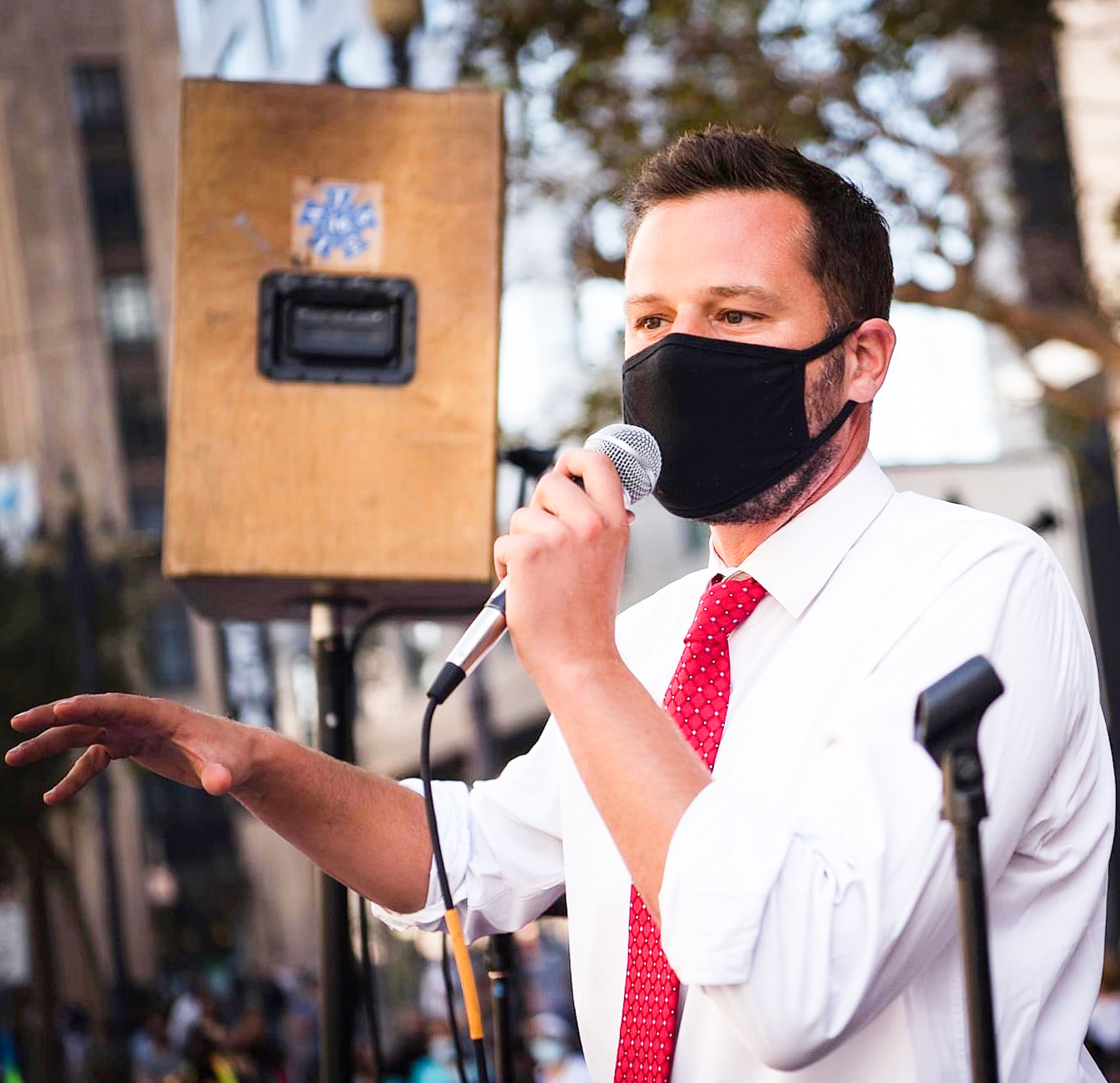
Assemblymember Matt Haney proudly represents California’s 17th Assembly District encompassing the eastern side of San Francisco.
Prior to his election to the State Assembly in April 2022, Assemblymember Haney served on the San Francisco on the Board of Supervisors where he built a reputation as a hardworking, creative, collaborative problem solver with an unmatched record tackling San Francisco’s toughest challenges from homelessness and housing to public safety and corruption.
During his tenure in City Hall, Matt championed some of San Francisco’s most popular and bold initiatives. He helped spearhead the effort to transform San Francisco’s mental health system with Mental Health SF, an initiative guaranteeing mental health care for all San Franciscans. He implemented common sense policies like 24-hour bathrooms and universal tenant protections, facilitated over 5,000 units of new housing in his district, and oversaw record investments in housing, public safety and economic recovery as Budget Chair. As Supervisor, Matt helped ensure more housing and more affordable housing was built in his district than any other.
When the pandemic hit, Matt worked tirelessly to support his constituents, from small business owners to essential workers. He authored legislation to house over 2,000 people experiencing homelessness in hotels and spent time working on the frontlines as a disaster service worker at one of our community COVID shelter hotels when there weren’t enough staff. He launched relief programs to keep restaurants and music venues afloat during the shutdown, led the fight to open mass-vaccination sites, and authored laws to ensure workers had masks, gloves and adequate sick pay.
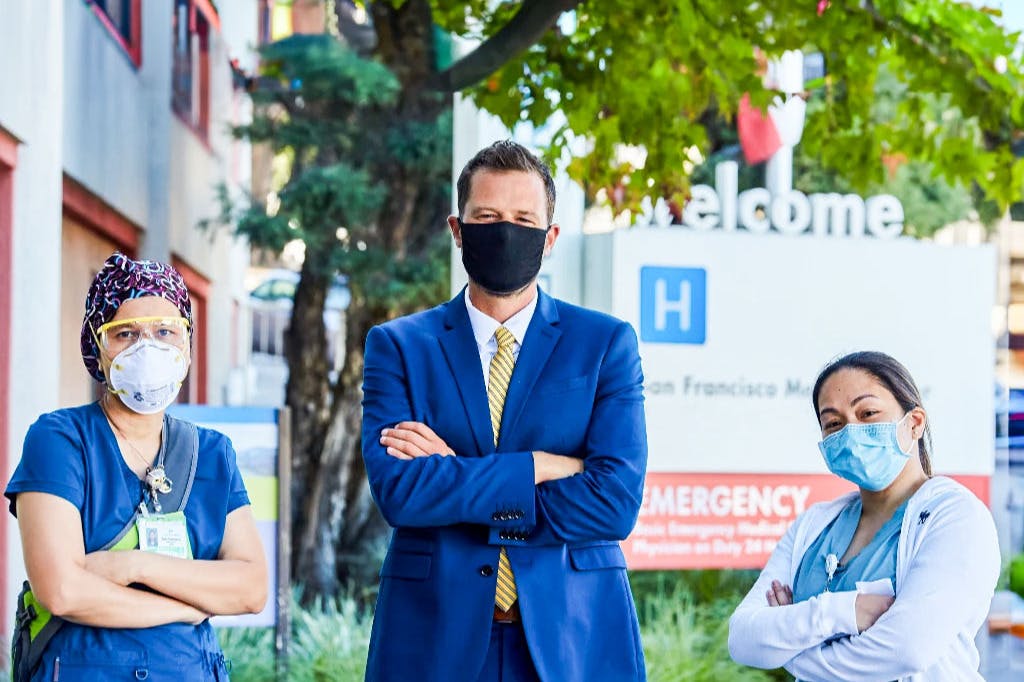
Matt has delivered real results on some of the biggest challenges facing San Francisco with determined, innovative leadership.
In 2020, Matt authored the “Overpaid Executive Tax” which was the first voter approved tax in the country targeting the massive gap between worker and CEO pay. The measure was passed overwhelmingly by voters and revenues will provide San Francisco with tens of millions of dollars to hire more nurses, social workers, and emergency responders.
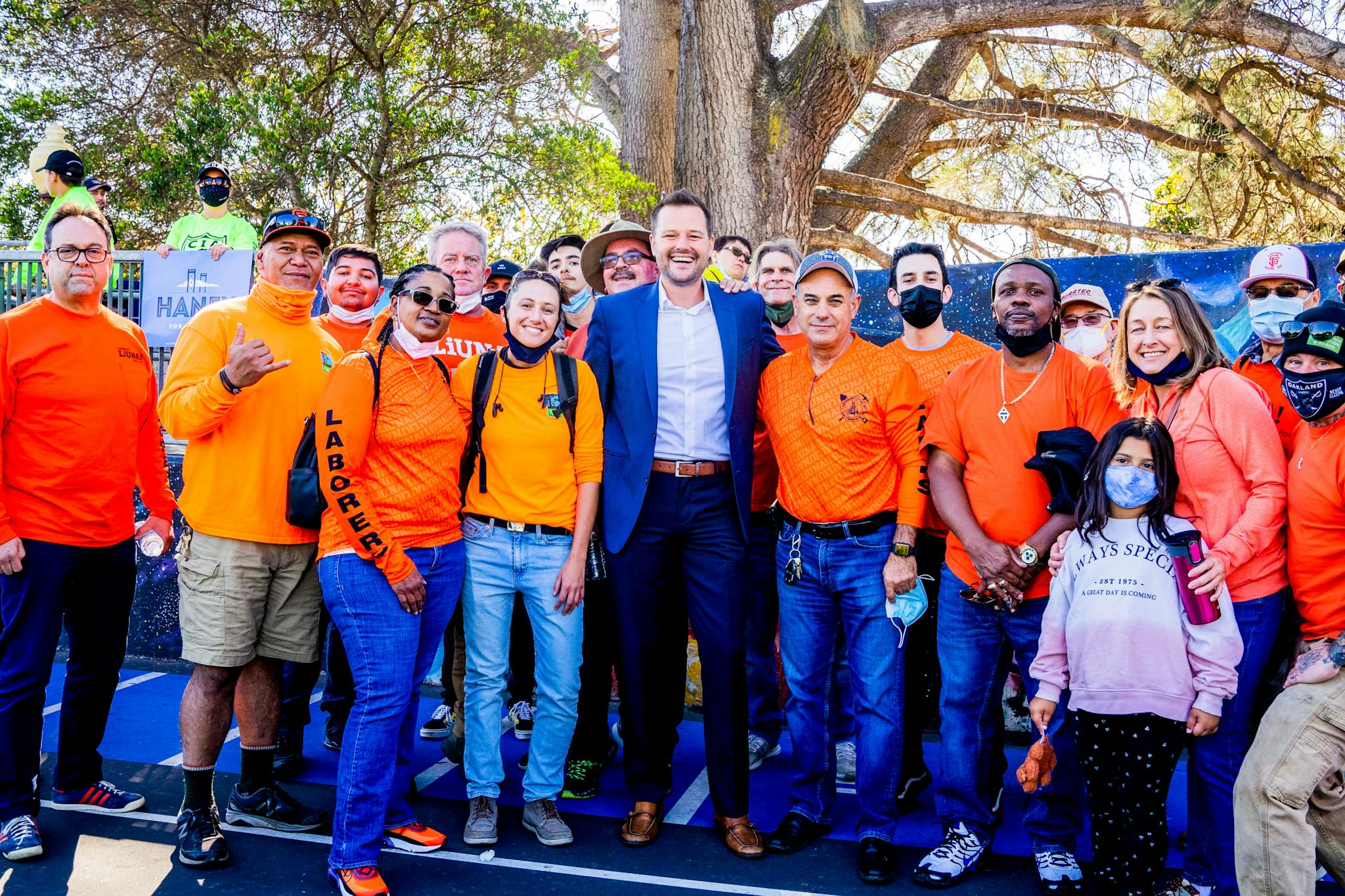
Prior to his election to the Board of Supervisors, Matt was elected twice to the San Francisco Board of Education.
As President of the Board, Matt led SFUSD to achieve its highest graduation and college attendance rates. He authored the transformational “Safe and Supportive Schools” policy which is viewed as the national standard for solutions not suspensions, cutting suspensions in SFUSD by over 50%. He fought for affordable housing for teachers and wrote the policy expanding computer science education to all students in San Francisco schools. He is the only school board member to have visited all 113 public K-12 schools in San Francisco and the only local San Francisco elected official ever to have earned the support of then President Barack Obama.
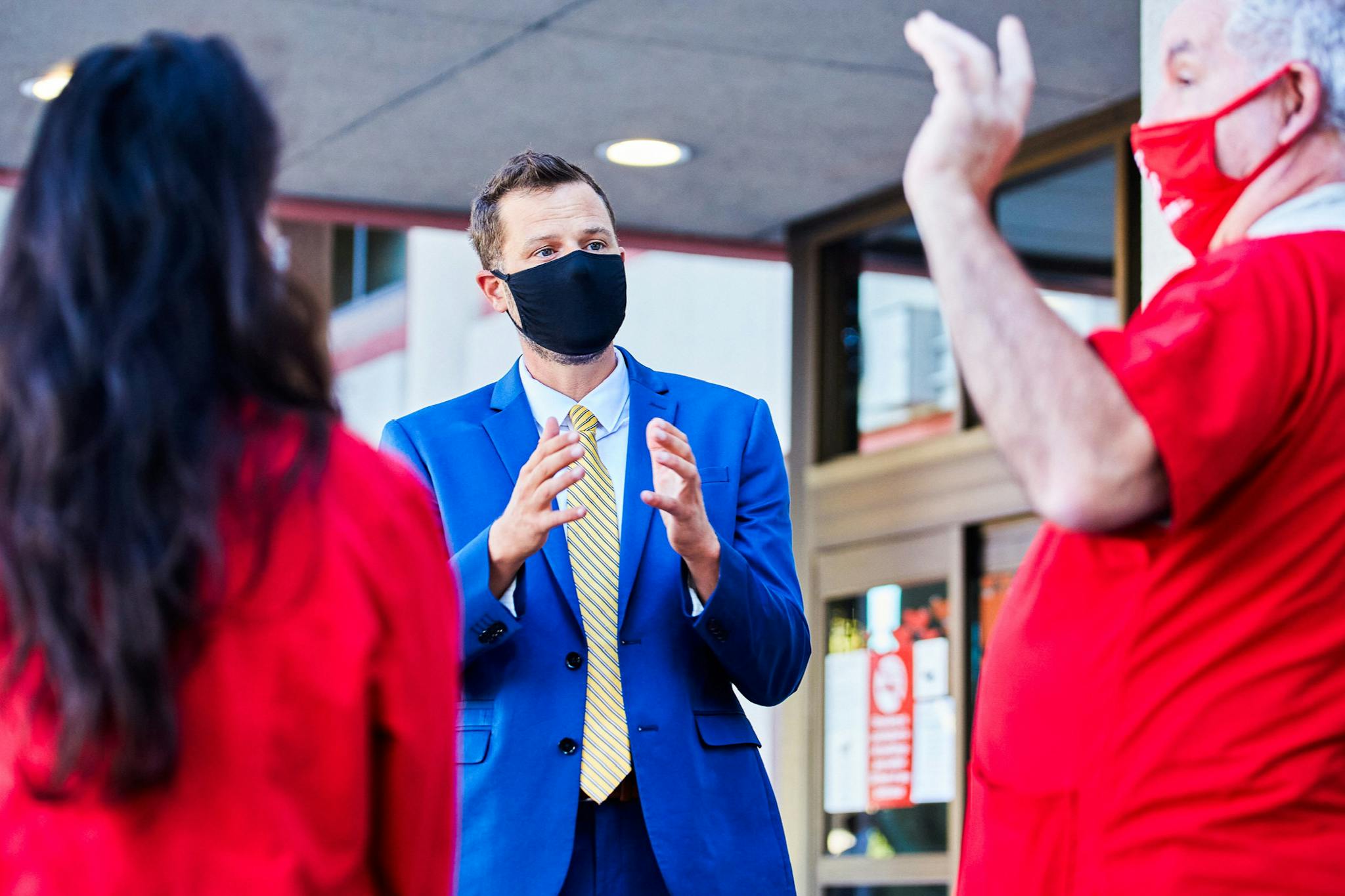
Matt is proud to have worked pro bono as an attorney defending families from eviction in San Francisco. With Van Jones and Jessica Jackson, he is the co-founder of #cut50, a national organization working to end mass incarceration with smarter solutions to keep communities safe. #cut50 was the lead proponent of the “First Step Act,” the most transformational federal criminal justice reform legislation in decades. Matt has also worked as a lecturer and adjunct faculty at the Stanford Design School and Executive Director of the UC Student Association, where he led advocacy and outreach on behalf of the 200,000+ UC students across the state, winning multiple tuition freezes and helping pass the California DREAM Act. Matt previously served as a Legislative Aide and State Senate Fellow in the office of then State Senator Joe Simitian.
“Matt is an extraordinary leader...I believe Matt represents the passion, commitment and vision that we need in our elected leaders.”
– President Barack Obama

Matt attended Bay Area public schools and holds a BA in Urban Development from UC Berkeley, where he graduated with highest honors and as a Valedictorian finalist. He also holds an MA from Stanford University School of Education, a JD from Stanford Law School, and an LLM in Human Rights from National University of Ireland where he was a Senator George Mitchell Scholar.
Matt was raised by a single mother in the Bay Area and lives in the Tenderloin with his two orange tabby cats. He can often be spotted walking the streets, chatting with residents, and frequenting the neighborhood’s many immigrant-owned coffee shops and small businesses.